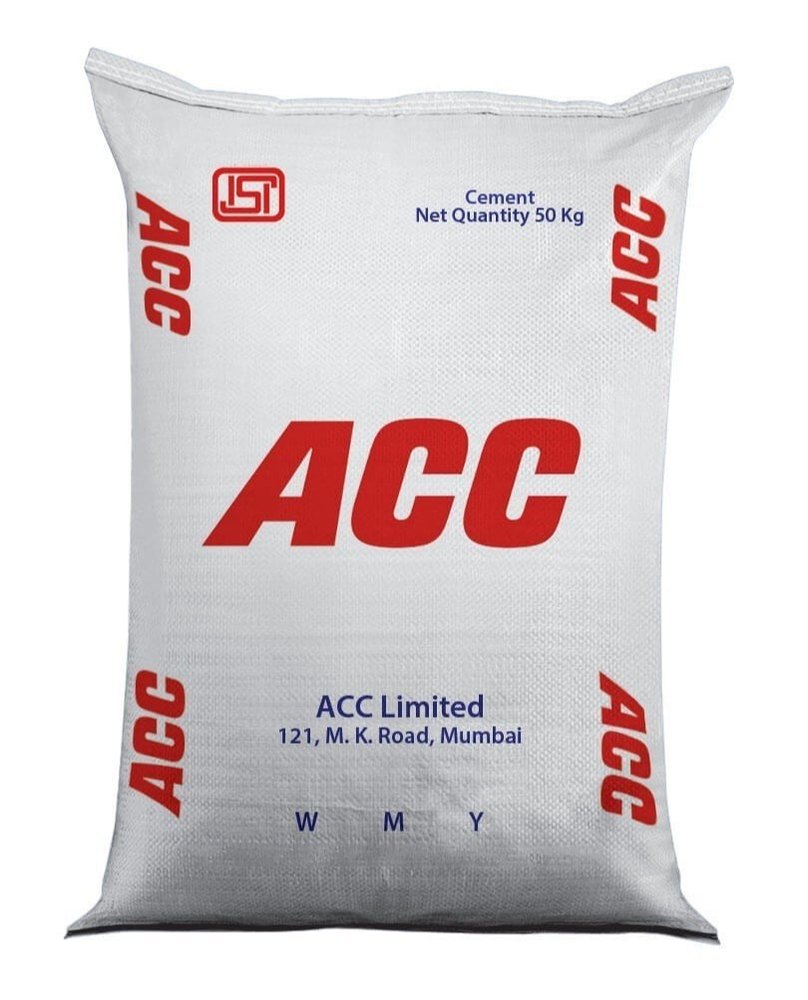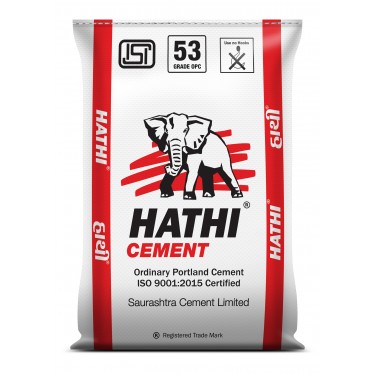Black rock crushed sand, also known as black aggregate stone or manufactured sand (M-sand), is a type of fine aggregate produced by crushing hard black rocks, primarily basalt or black granite.
Here's a breakdown of its key characteristics
1. Origin and production
- It's derived from the crushing and processing of igneous rocks like basalt or black granite.
- The crushing process takes place in quarries or specialized facilities, where larger stones are broken down into smaller, sand-sized particles.
- This contrasts with natural sand, typically sourced from riverbeds and formed by natural erosion and weathering.
2. Appearance
- As the name suggests, it exhibits a dark coloration, ranging from deep charcoal to jet black.
- This dark hue is often attributed to the mineral composition of the source rock, such as magnetite or basalt fragments.
3. Texture and shape
- Black rock crushed sand typically has an angular and cubical particle shape with a rough texture.
- This angularity provides better interlocking properties when mixed with other materials like cement, contributing to higher strength and durability in construction applications.
4. Applications
- It's widely used in construction as a substitute for natural river sand, especially in areas where natural sand extraction is restricted due to environmental concerns.
- Common applications include concrete production, mortar mix, asphalt, landscaping, agriculture, manufacturing of concrete products, and various environmental applications.
- It's particularly recommended for applications requiring higher strength and durability, such as reinforced concrete structures, according to Brick & Bolt.
5. Advantages
- Offers consistent quality and controlled particle size distribution.
- Provides higher strength and durability in concrete mixes compared to natural river sand.
- Reduces environmental impact by lessening the reliance on natural river sand extraction.
6. Disadvantages
- Can require more water and cement to achieve the desired workability in concrete mixes compared to natural sand.
- May contain micro-fine particles that can affect concrete strength.
In summary, black rock crushed sand provides a valuable and sustainable alternative to natural river sand in numerous construction and industrial applications, offering benefits in strength, durability, and environmental impact.
AI responses may include mistakes. Learn more
 Safe Payment
Safe Payment
 7 Days Return Policy
7 Days Return Policy
 100% Authentic Products
100% Authentic Products




